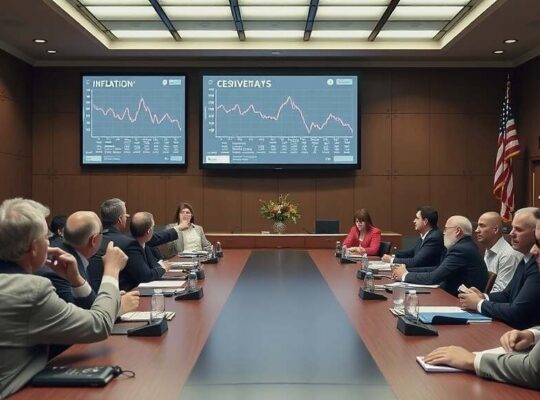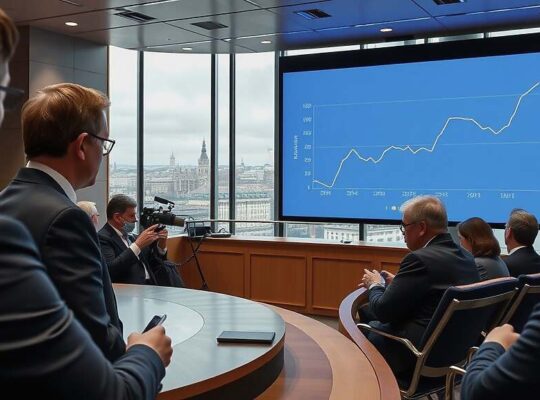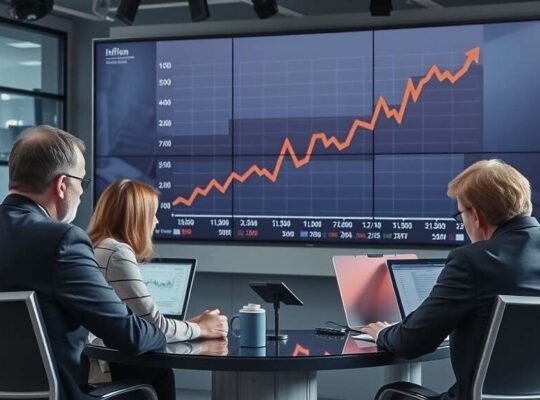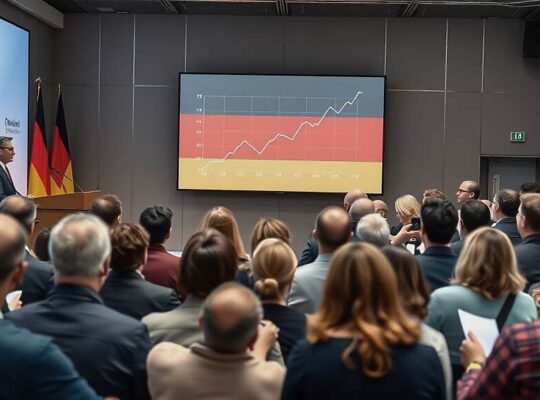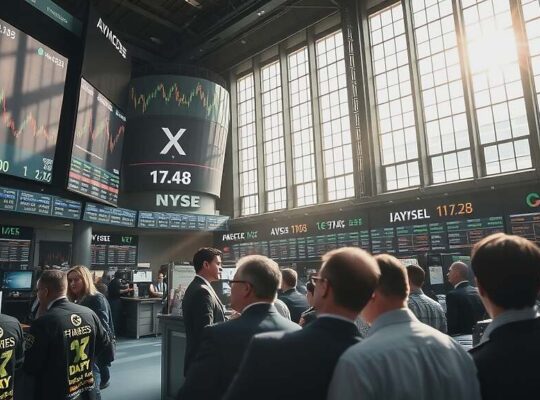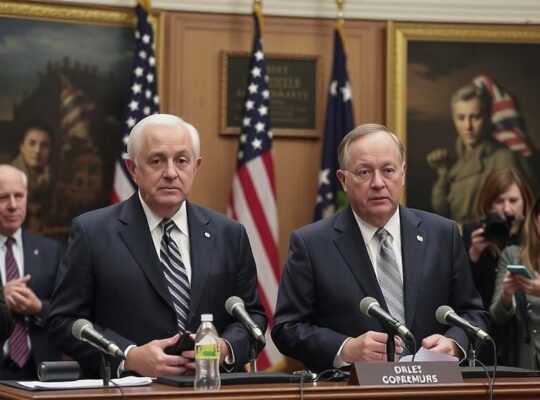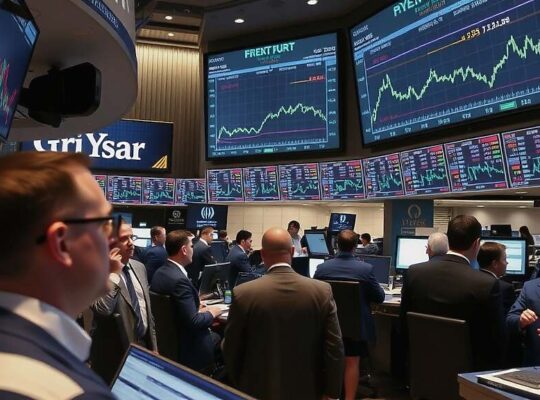The US Bureau of Labor Statistics released data Friday indicating a concerning uptick in inflation, reversing a recent trend of perceived stabilization. The consumer price index rose from 2.9% in August to 3.0% in September, a deviation from market expectations and signaling persistent inflationary pressures within the American economy.
Month-over-month, prices increased by 0.3%, further fueling anxieties among investors and policymakers. The core inflation rate, which excludes volatile energy and food prices – a closely watched metric by the Federal Reserve – remained stubbornly at 3.0%, a slight increase from the 3.1% recorded in August.
Energy prices demonstrated a particularly significant rise, climbing 2.8% year-over-year, a considerable jump from the previous month’s marginal increase. Food prices also saw a rise, albeit slightly moderated, increasing by 3.1% annually. These figures directly challenge the narrative of a cooling economy and introduce renewed uncertainty regarding the Federal Reserve’s future monetary policy actions.
Market participants generally scrutinize US inflation data meticulously as a key indicator influencing the Fed’s decisions regarding interest rates. A continued upward trajectory in inflation diminishes the likelihood of rate cuts, which investors often view as beneficial for both the stock market and the real estate sector. Elevated interest rates tend to make savings accounts a more attractive investment alternative, dampening activity in those markets.
Analysts are increasingly pointing to the ongoing impact of President Donald Trump’s trade policies as a significant contributor to these price increases. Tariffs and trade barriers, they argue, distort global supply chains and ultimately lead to higher costs for American consumers, complicating the Fed’s efforts to manage inflation and potentially impacting the broader economic outlook. The political implications of this inflationary pressure, particularly as the presidential election draws closer, are likely to intensify scrutiny of both the White House and the Federal Reserve.



